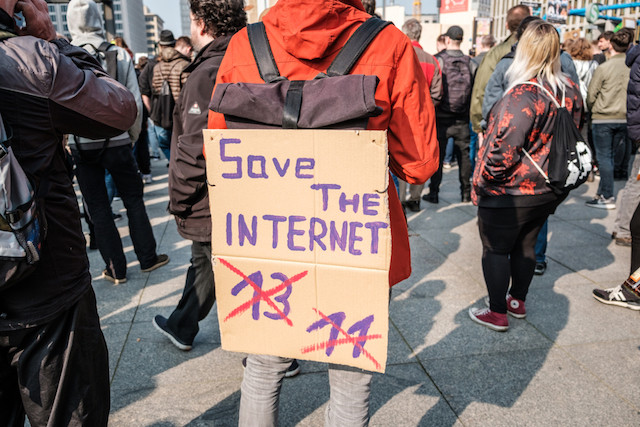Nineteen countries supported the law, which is expected to have a huge impact on how the internet works in Europe.
In a joint statement with the Netherlands, Poland, Italy and Finland, Luxembourg wrote that it regretted that “the Directive does not strike the right balance between the protection of right holders and the interests of EU citizens and companies. This may therefore hinder innovation rather than promote it and have a negative impact on the competitiveness of the European digital single market.”
The legislation was developed over more than two years in a bid to tighten copyright laws for the internet age. Among them the most contentious elements are articles 11 and 13. The former, known as the “link tax” would require tech companies like Google to hold licences for linking to publishers. The latter, would require internet companies to police their platforms for copyright infringements, be they in relation to music, videos or news, and filter out offensive content.
Bill rapporteur Axel Voss argued in March, however, that the directive protects “people’s living, safeguards, democracy by defending a diverse media landscape, entrenches freedom of expression, and encourages start-ups and technological development. It helps make the internet ready for the future, a space which benefits everyone, not only the powerful.”
Member countries have 24 months to translate the directive into law.
